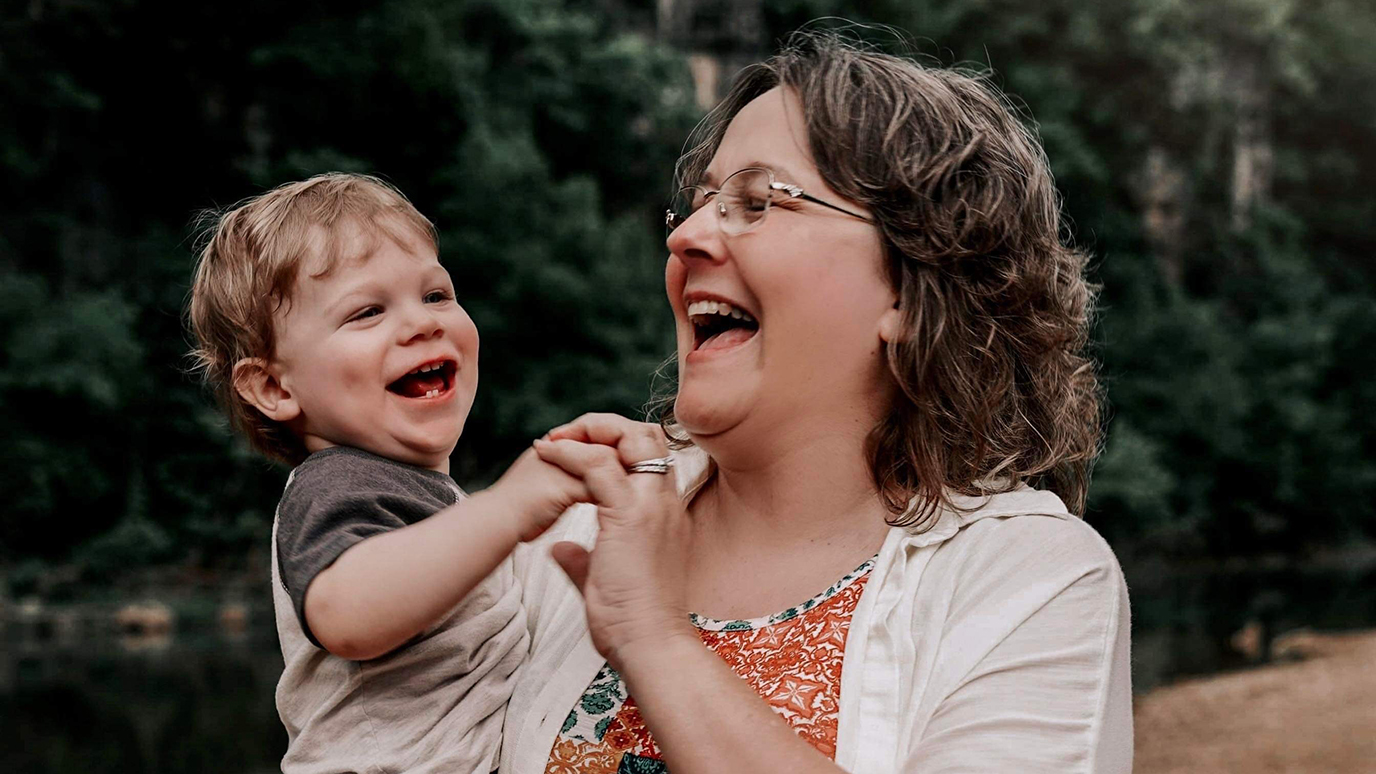- Diseases
- Acoustic Neuroma (14)
- Adrenal Gland Tumor (24)
- Anal Cancer (66)
- Anemia (2)
- Appendix Cancer (16)
- Bile Duct Cancer (28)
- Bladder Cancer (68)
- Brain Metastases (28)
- Brain Tumor (228)
- Breast Cancer (716)
- Breast Implant-Associated Anaplastic Large Cell Lymphoma (2)
- Cancer of Unknown Primary (4)
- Carcinoid Tumor (8)
- Cervical Cancer (154)
- Colon Cancer (164)
- Colorectal Cancer (110)
- Endocrine Tumor (4)
- Esophageal Cancer (42)
- Eye Cancer (36)
- Fallopian Tube Cancer (6)
- Germ Cell Tumor (4)
- Gestational Trophoblastic Disease (2)
- Head and Neck Cancer (6)
- Kidney Cancer (124)
- Leukemia (344)
- Liver Cancer (50)
- Lung Cancer (288)
- Lymphoma (284)
- Mesothelioma (14)
- Metastasis (30)
- Multiple Myeloma (98)
- Myelodysplastic Syndrome (60)
- Myeloproliferative Neoplasm (4)
- Neuroendocrine Tumors (16)
- Oral Cancer (100)
- Ovarian Cancer (170)
- Pancreatic Cancer (166)
- Parathyroid Disease (2)
- Penile Cancer (14)
- Pituitary Tumor (6)
- Prostate Cancer (144)
- Rectal Cancer (58)
- Renal Medullary Carcinoma (6)
- Salivary Gland Cancer (14)
- Sarcoma (236)
- Skin Cancer (294)
- Skull Base Tumors (56)
- Spinal Tumor (12)
- Stomach Cancer (60)
- Testicular Cancer (28)
- Throat Cancer (90)
- Thymoma (6)
- Thyroid Cancer (98)
- Tonsil Cancer (30)
- Uterine Cancer (78)
- Vaginal Cancer (14)
- Vulvar Cancer (18)
- Cancer Topic
- Adolescent and Young Adult Cancer Issues (20)
- Advance Care Planning (10)
- Biostatistics (2)
- Blood Donation (18)
- Bone Health (8)
- COVID-19 (362)
- Cancer Recurrence (120)
- Childhood Cancer Issues (120)
- Clinical Trials (622)
- Complementary Integrative Medicine (24)
- Cytogenetics (2)
- DNA Methylation (4)
- Diagnosis (226)
- Epigenetics (6)
- Fertility (62)
- Follow-up Guidelines (2)
- Health Disparities (14)
- Hereditary Cancer Syndromes (122)
- Immunology (18)
- Li-Fraumeni Syndrome (8)
- Mental Health (118)
- Molecular Diagnostics (8)
- Pain Management (62)
- Palliative Care (8)
- Pathology (10)
- Physical Therapy (18)
- Pregnancy (18)
- Prevention (890)
- Research (388)
- Second Opinion (74)
- Sexuality (16)
- Side Effects (602)
- Sleep Disorders (10)
- Stem Cell Transplantation Cellular Therapy (216)
- Support (404)
- Survivorship (322)
- Symptoms (184)
- Treatment (1768)
Breast cancer survivor: Watch for changes in your breasts
3 minute read | Published February 10, 2020
Medically Reviewed | Last reviewed by an MD Anderson Cancer Center medical professional on February 10, 2020
In late 2016, I was eating organic food, working out regularly and had never missed a mammogram. Yet, I still ended up with a breast cancer diagnosis at age 50.
I felt a lump in my right breast one day and knew it wasn’t normal. So, I went to my primary care physician. She ordered a diagnostic mammogram, and a biopsy to confirm it. Then she referred me to a local oncologist.
Originally, I’m from Chicago, but I’ve lived in eight different cities since then. So, while I’d probably heard MD Anderson’s name in passing, I was completely unaware that it was the nation’s top-ranked hospital for cancer care. That’s why I didn’t even think of it when I was diagnosed on Dec. 27, even though I live just down the street.
Today, I am so glad that I landed there. Because I am fairly picky, and everyone on my team at MD Anderson was amazing. I don’t believe in flukes, so I attribute my guidance there to the hand of God.
Quick self-referral process swayed me
One of the things that astonished me most was how responsive everyone at MD Anderson was.
I learned that I had breast cancer at 3:30 on a Tuesday afternoon. I couldn’t eat or sleep that night, so I went online to do some research. Then, somebody in a cancer forum wrote, “You know, you live in Houston, so you might want to check out MD Anderson. It’s considered the best in the world.”
I went to the website and filled out MD Anderson’s online form in middle of night. And to my surprise, someone called me early the next morning. She said, “We got your application, but I have just a few more questions.” After I answered them, we hung up. A few hours later, she called me again. She said, “OK, we have a team mobilized, and an opening on Jan. 2. Can you be here?”
My breast cancer treatment
The rest, as they say, is history. At MD Anderson, a team of doctors including Dr. Nuhad Ibrahim recommended a mastectomy, followed by six months of chemotherapy. A tissue expander would be installed during the surgery and replaced with a permanent implant later on. The only good thing about my cancer was it had not spread to any lymph nodes, so Dr. Welela Tereffe said I wouldn’t need radiation therapy.
I had the mastectomy on Feb. 7, 2017, and my last dose of chemotherapy on Aug. 31, 2017. That was only days after Hurricane Harvey made landfall in Houston, and a lot of places in the city still had high water issues. I was one of the first patients let back into the hospital for treatment afterward. My permanent implant was installed on Nov. 2, 2017.
A cheerleader for breast self-awareness
I’ve been cancer-free now since Feb. 7, 2017. So my holiday season this past year was amazingly great compared to how it was three years earlier.
But the only reason I even knew I had cancer was because I noticed a change in my breast. Cancer doesn’t run in my family, and mine was fast-growing and aggressive. It was already sizable by the time I found it. That’s why I encourage other women to be on the lookout for changes, too. Cancer can show up even between your annual mammograms, so it’s important to know your breasts.
Request an appointment at MD Anderson online or by calling 1-833-559-0235.
Related Cancerwise Stories

Everyone on my team at MD Anderson was amazing.
Constance Porter, Ph.D.
Survivor





